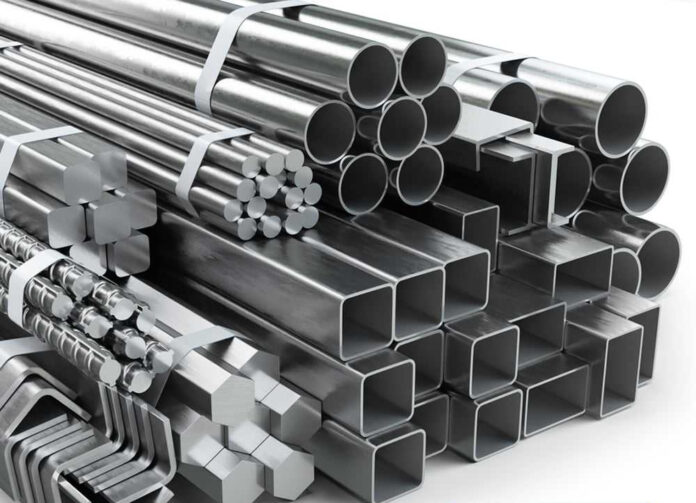ISLAMABAD: The Competition Commission of Pakistan (CCP) has issued show-cause notices to ten steel structure suppliers for their alleged involvement in collusive bidding in procurement tenders floated by various electricity Distribution Companies (DISCOs).
The ten companies under investigation include M/s. AM Associates (Pvt) Ltd, M/s. Ajmer Engineering Electric Works (Pvt) Ltd, M/s. Khalifa Sons (Pvt) Ltd, M/s. Siddique Sons Engineering (Pvt) Ltd, M/s. Vision Engineering (Pvt) Ltd, M/s. AW Engineering (Pvt) Ltd, M/s. FN Power (Pvt) Ltd, M/s. Gujranwala Cable (Pvt) Ltd, M/s. AH Associates (Pvt) Ltd, and M/s. Process Dynamics (Pvt) Ltd.
The CCP initiated a suo motu inquiry under Section 37(1) of the Competition Act, 2010, following suspicions of bid manipulation. Search and inspection operations were conducted at the premises of three Lahore-based firms, leading to the impounding of crucial documents and records for further examination.
The inquiry analysed bidding data from 2015 to 2022, obtained from DISCOs, particularly focusing on the procurement of transmission towers. Economic evidence uncovered a recurring pattern of near-identical bidding by these companies, with rate differences as minor as 0.001 to 1 percent.
Of the 357 tenders evaluated, 135 exhibited clear indications of collusion, such as identical bids, division of quantities, sole participation, and bid rotation practices. Notably, M/s. AM Associates, M/s. Ajmer Engineering, and M/s. Khalifa Sons were found to be central to the alleged collective decision-making on rates and quantities to manipulate tender outcomes for their mutual benefit.
What is collusive bidding and why is it dangerous?
Collusive bidding, also known as bid rigging, occurs when competing businesses conspire to manipulate the outcome of a bidding process to benefit all parties involved. This undermines fair competition by allowing the colluding companies to decide in advance who will win the contract, often at inflated prices.
The implications of such collusion are significant in terms of harming the local economy. It Increases costs for clients, distorts market competition, and reduces the incentive for companies to innovate or improve services.
For DISCOs, collusive bidding can lead to inefficient allocation of resources the effect of which, in turn, is borne by the public at large.
The inquiry report highlighted mutual agreements among the firms on tender participation, price-fixing, and strategic non-participation, designed to ensure a preselected firm would win the bid. These actions constitute a prima facie violation of Section 4(2)(a)(b)(c)(e) of the Competition Act, 2010.
The CCP’s findings also pointed to the fact that the anti-competitive practices of these companies are not limited to any one province, but have implications for market competition across Pakistan.
The damage caused by these collusion practices spanning over 7 years, while cannot be computed due to large sample size, can be to the tune of billions.




